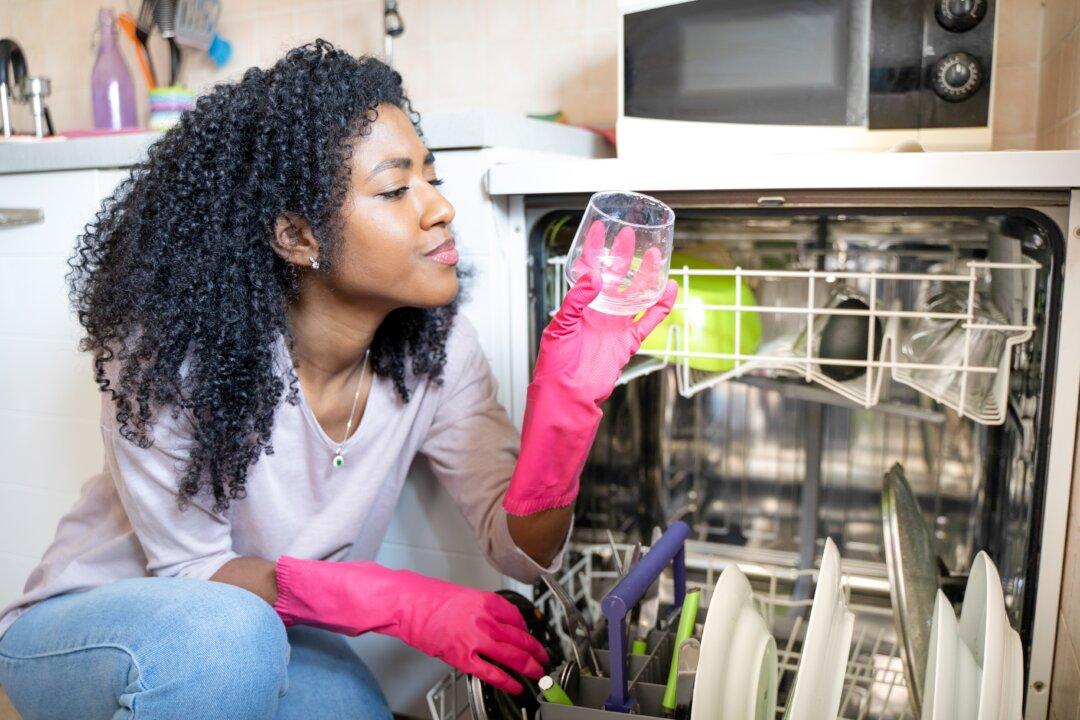Few things are more disappointing than opening the dishwasher to put away its clean contents, only to be greeted by dirty dishes and cloudy glassware. It’s understandable that you might conclude it’s time to get a new machine, but hold on. Before you toss a perfectly good dishwasher, consider these seven things you may be doing wrong, any one of which may be causing this frustrating situation.
No. 1: Your Filter Is Clogged
So, your dishwasher is not cleaning dishes the way it did when it was new. This may come as a surprise: Your dishwasher has a filter that requires regular cleaning. Surprisingly, a clogged filter could be the culprit behind your less-than-clean dishes. If this gunk and goo buildup in your dishwasher—caused by food deposits and hard water—is minor, you can often remedy the situation by running a vinegar cycle.Pour three cups of white vinegar in the bottom of the empty dishwasher and select the longest cycle. The vinegar will dissolve light mineral buildup and clean gunk from the holes in the spray arm.





